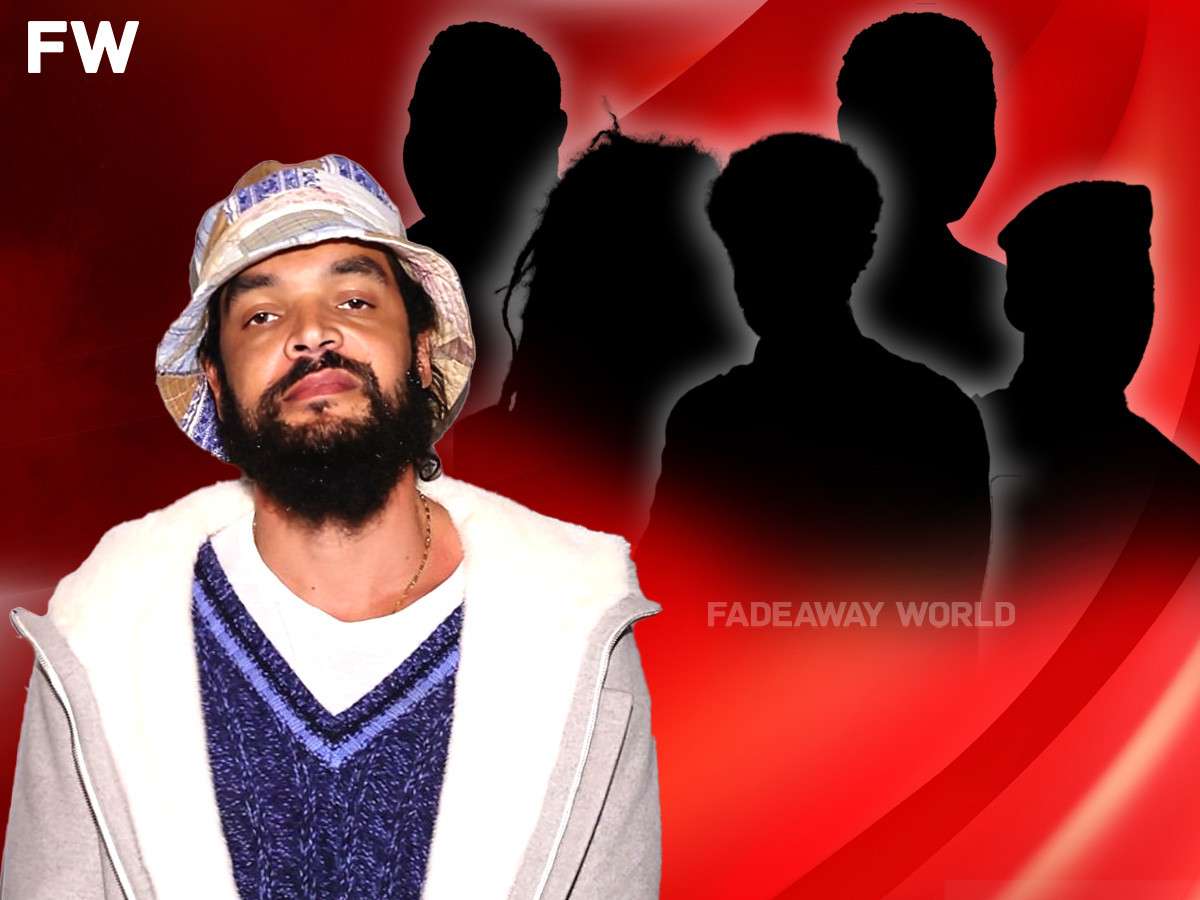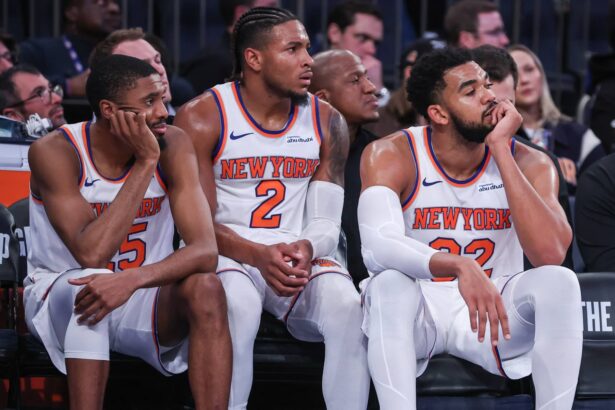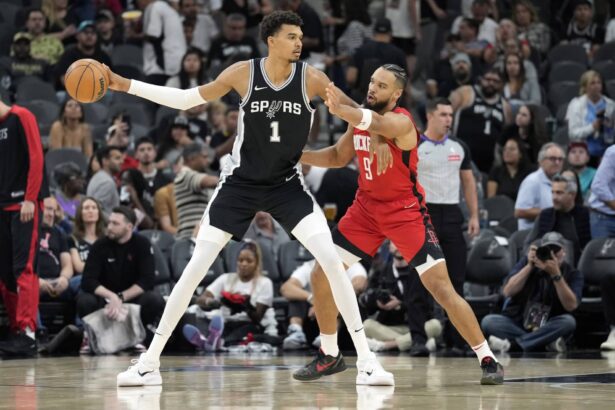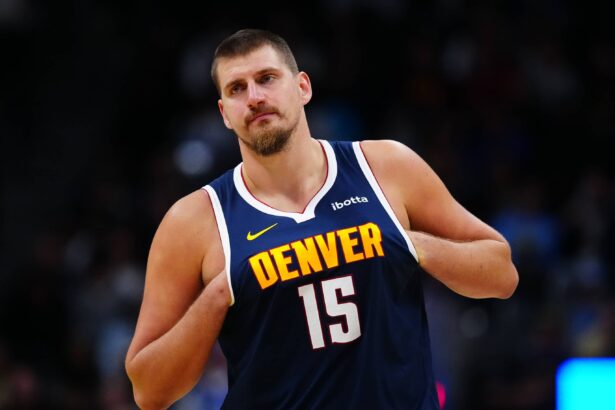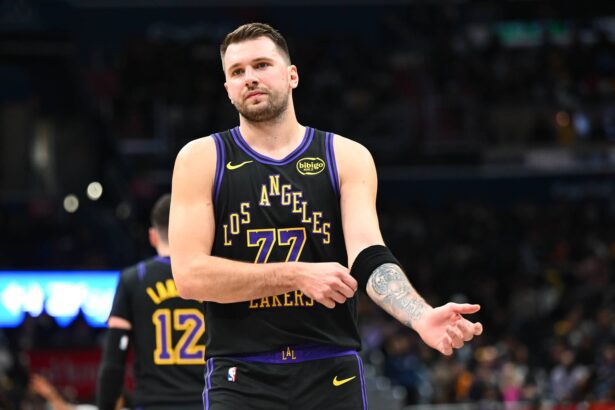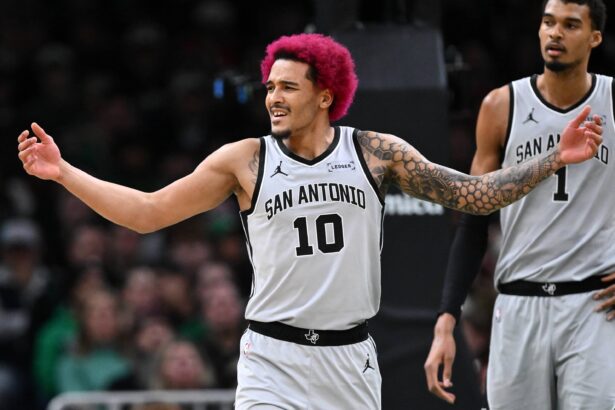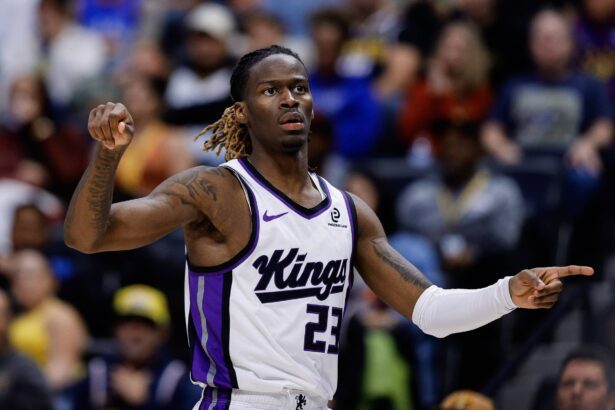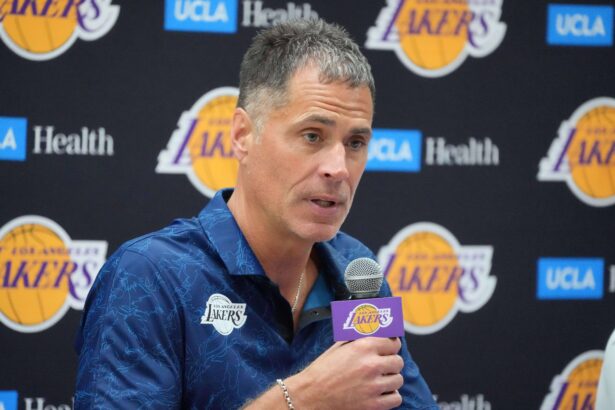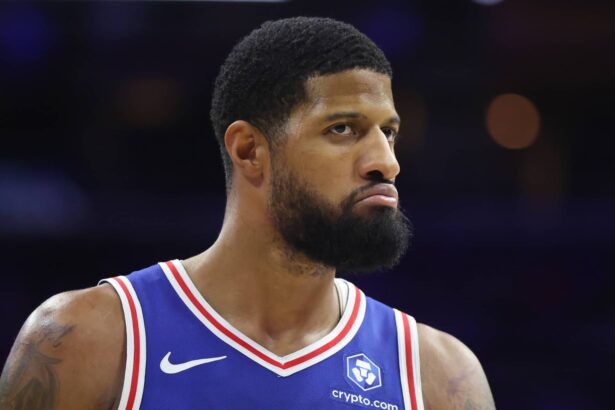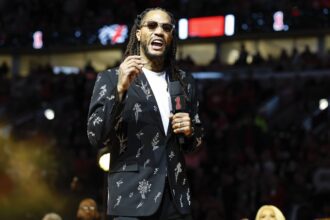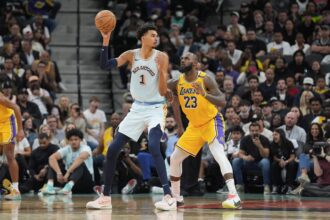Former NBA star Joakim Noah recently appeared on the popular “All the Smoke” podcast, where he engaged in a candid and thought-provoking conversation with hosts Matt Barnes and Stephen Jackson. Among the many topics discussed, one particularly intriguing segment involved Noah selecting five individuals, dead or alive, whom he would invite to a hypothetical dinner and smoking session.
“We’re gonna start with Bob Marley… He’s number one fore sure. number two I would put Pac in there I’d love to hear his stories I’m sure he would have a lot to say with all this bullshit that’s going on right now talk.”
“This African revolutionary he was the president of Berkina Faso, Tomas Sankara. I would would put medba Nelson Mandela up there I would love to hear what he has to say… Then King Salasia, King of Kings.” (1:16:51)
Noah began his list with the legendary reggae musician Bob Marley. As a pioneer of reggae, his songs transcended entertainment, delivering powerful messages about peace, love, social justice, and unity. Marley’s music has been a source of inspiration for countless individuals worldwide, including Noah, who admires his ability to use art as a vehicle for change. A dinner conversation with Marley would offer profound insights into his philosophy on life, music, and the pursuit of harmony among people.
The second guest on Noah’s list is the influential rapper and activist Tupac Shakur, affectionately known as “Pac.” Noah expressed his desire to hear Tupac’s perspectives. Tupac was not only a prolific artist but also a vocal advocate for social issues affecting marginalized communities. His lyrics often addressed systemic inequalities, racism, and the struggles of urban life. Engaging with Tupac would provide an opportunity to explore his thoughts on contemporary social issues and the evolution of the music industry.
Noah’s third selection is Thomas Sankara, the revolutionary leader and former president of Burkina Faso. Sankara is revered for his progressive policies and efforts to combat corruption, promote women’s rights, and achieve self-sufficiency for his country during his presidency from 1983 to 1987.
His commitment to social justice and anti-imperialism made him a symbol of hope for many in Africa and beyond. A conversation with Sankara would delve into his vision for a more equitable society and the challenges he faced in implementing radical reforms.
The fourth guest is Nelson Mandela, the anti-apartheid revolutionary and former president of South Africa. Mandela’s life was marked by his unwavering fight against apartheid, enduring 27 years in prison before leading his nation toward reconciliation and democracy. His wisdom on forgiveness, leadership, and resilience would offer invaluable lessons. Noah’s admiration for Mandela reflects a respect for leaders who have overcome immense adversity to effect positive change.
Completing the list is Haile Selassie I, referred to by Noah as “King Selassie, King of Kings.” Haile Selassie was the Emperor of Ethiopia from 1930 to 1974 and is a central figure in Rastafarianism, a religion and social movement that originated in Jamaica. Selassie was known for his efforts to modernize Ethiopia and his role in resisting Italian aggression during World War II.
His international influence and spiritual significance make him a fascinating figure for discussion. Noah’s interest in Selassie likely stems from a curiosity about his leadership philosophies and the intersection of spirituality and governance.
Joakim Noah’s selections reveal a profound appreciation for individuals who have used their platforms to advocate for justice, equality, and cultural enrichment. The common thread among his guests is their dedication to challenging the status quo and inspiring others through their actions and words. A dinner and smoking session with these figures would be an extraordinary convergence of music, activism, and leadership.
Noah’s desire to engage with these icons underscores his own values and interests beyond basketball. It reflects a yearning to understand the deeper narratives that have shaped societies and to draw wisdom from those who have left indelible marks on history. The conversations would likely span a range of topics, from the power of music as a unifying force to strategies for overcoming oppression and fostering global solidarity.
Joakim Noah’s hypothetical guest list offers a window into the mind of an athlete who values cultural impact and social progress. By choosing Bob Marley, Tupac Shakur, Thomas Sankara, Nelson Mandela, and Haile Selassie I, Noah aligns himself with a legacy of visionary leaders and artists.
These figures represent a blend of artistic genius and revolutionary spirit, embodying the potential for individuals to drive meaningful change. Such a gathering, though imaginary, sparks inspiration about the conversations that could bridge past and present, providing insights that remain relevant in today’s complex world.
Thank you for being a valued reader of Fadeaway World. If you liked this article, please consider following us on Google News. We really appreciate your support.

